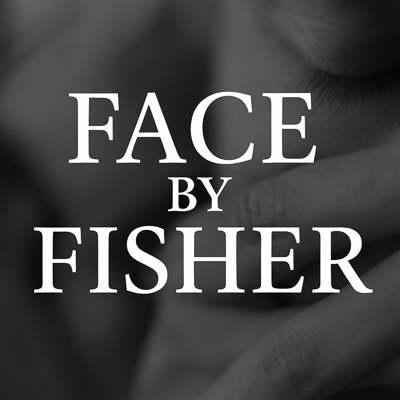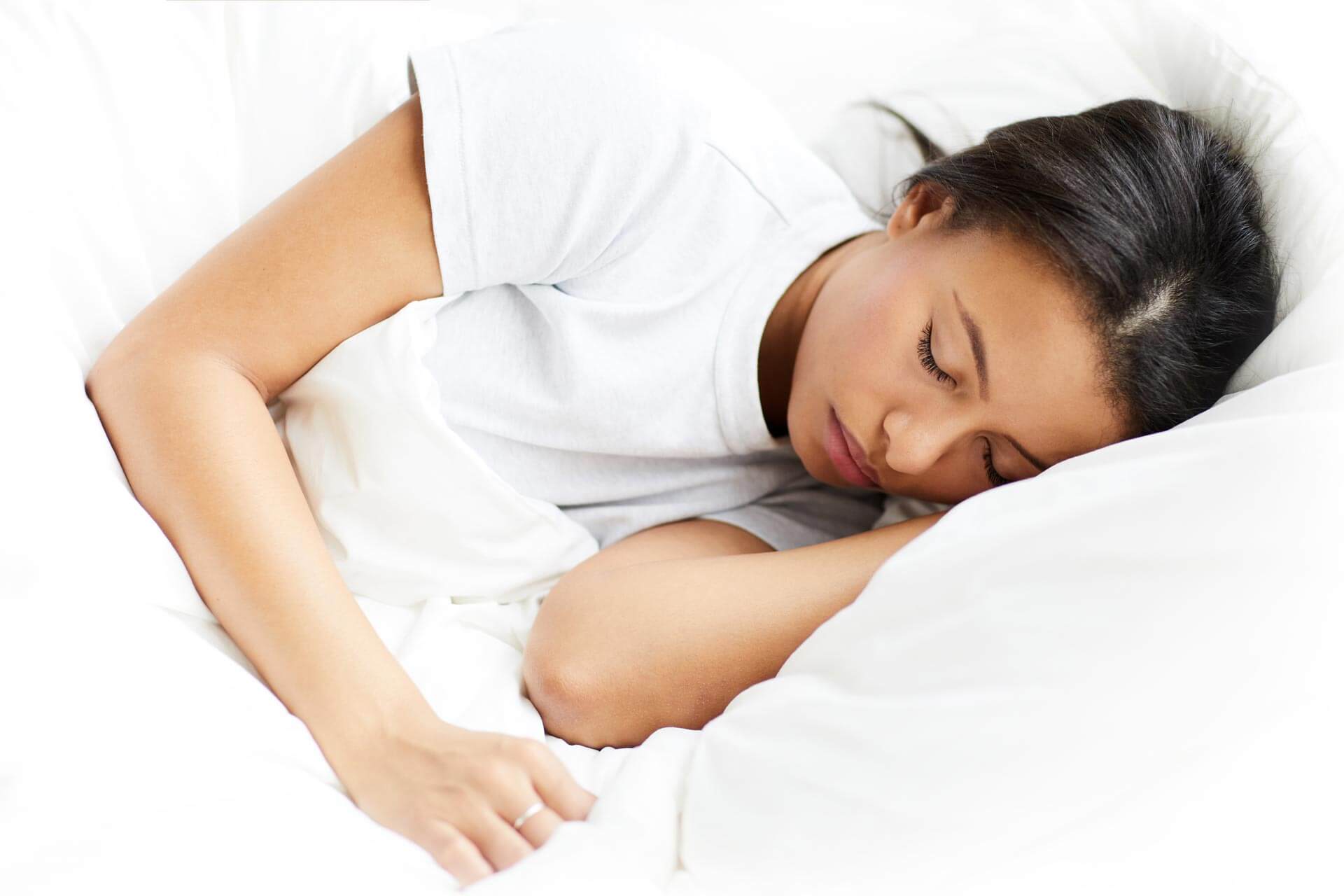Sleep apnea is more than just snoring. It’s a sleep disorder in which breathing abruptly stops and starts during the night. It can potentially be a serious issue and lead to health problems in the future. It’s important to know how to determine whether you have it or not in order to take action.
A partner’s observation
The easiest way to determine whether you have sleep apnea is when a partner notices your breathing abruptly stops for a long pause of a few seconds before abruptly starting again. This is often how some first come to suspect it. If your partner or someone in your house notices you suddenly gasping for breath at night or stopping breathing for a few seconds at a time, you are likely experiencing sleep apnea. Your partner or a household member may also notice very loud snoring; this in itself does not mean you have sleep apnea, but it often comes along with sleep apnea.
You wake up at night feeling like you couldn’t breathe
If you don’t have a partner who sleeps with you or someone in the house who can check if you’re experiencing trouble breathing, there are some other warning signs you can look out for. One is if you wake up at night gasping for breath. The sudden intake of air after a period of not breathing sometimes wakes up the person suffering from sleep apnea.
Exhaustion during the day
If you are feeling exhausted during the day despite sleeping at least 7-9 hours each night, sleep apnea is a possible culprit. Sleep apnea deprives your body of a good night’s sleep.
Headache upon waking up
Another sign you may be experiencing sleep apnea is if you wake up with a headache. This could be due to the fact that your body is constantly being deprived of oxygen for periods of time while asleep.
Dry mouth
Upon waking up, if you notice you have a very dry mouth, this could be a sign of sleep apnea. This should be taken in conjunction with other signs, however, since it could also simply mean you are sleeping with your mouth open, which doesn’t necessarily mean sleep apnea.
Record yourself sleeping
Some smart watches or sleep apps have a sleep feature where you can get a recording of any noises you make during the night. This includes snoring and may include sleep apnea.
If you notice that you are experiencing any of the above symptoms, see your doctor or an Ear, Nose, and Throat specialist. They can order what is called a sleep study to determine whether episodes of sleep apnea are present and, if so, how many and your blood oxygen level throughout the night. From there, they can determine if treatment is necessary as well as which treatment option(s) are available to you.




